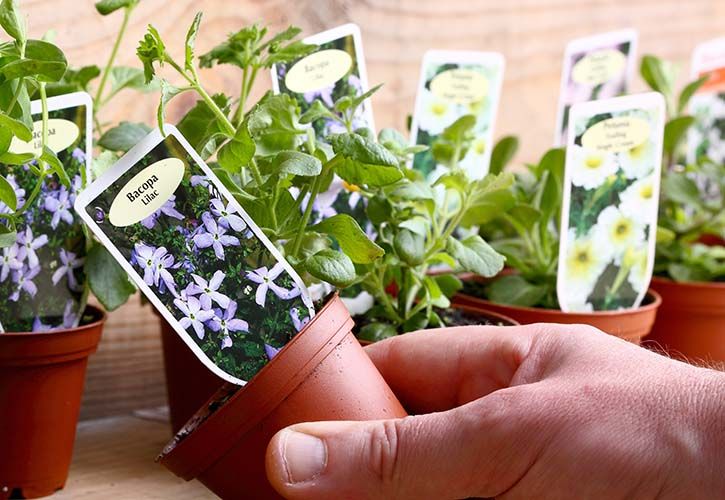UK DIY News
CEBR Predicts Easter Bank Holiday DIY/Garden Spend Of £1.4bn

The Easter weekend has traditionally been one of the highlights for retailers with shoppers being enticed to venture out and make the best of the long bank holiday weekend. However, with most non-essential stores still closed, this Easter will test the patience of retailers across the country while garden centres and DIY stores are set to benefit from the ongoing trend of Brits spending on home improvements. Compared to Easter 2020, we estimate that spending on DIY and gardening will be up by £290 million this weekend, reaching £1.4 billion. This is a better outlook than for the wider retail sector, for which we estimate Easter sales to stand at £8.1 billion this year, up from just £7 billion in 2020, but still down on the £9.2 billion recorded in 2019. On a per household basis, this means we’ll see spending of around £290 this weekend, which is, apart from last year, the lowest figure since 2015. The wintery weather forecast for Easter Monday will be a further drag on footfall, meaning hopes for retailers will focus even more on the planned reopening of all retail stores on 12th April.
At Easter last year, the UK was around four weeks into its first national lockdown and the impact can be clearly seen in the data. Footfall over the Easter weekend dropped by 83% compared to the holiday weekend of the previous year, with shopping centres and high streets especially affected. [1] Central London resembled a ghost town with footfall levels down by over 90% compared to Easter 2019.
One year on and the UK is finding itself at what everyone hopes to be the final stretches of a third national lockdown. Given that we have lived with some form of containment measures for over a year now, people have found ways to adjust their behaviour to the situation. In the retail sales data this has become visible in two trends: the rise in online shopping and a boom in sales in garden centres and DIY.
Much has already been written about the surge in online sales as shoppers were looking for alternative ways of getting their goods while stores are still closed. According to the Office for National Statistics (ONS), the share of online sales increased to 36.1% in February this year, a record level and up from 20.0% in the same month last year.
The other big trend is a resurgence in DYI and garden centres – with most other non-essential retail stores closed and the population confined to their homes for much of the time, Brits have made the best of the situation and turned to improving their homes and gardens. In Q4 2020, sales in DIY stores (recorded under the ‘hardware, paints and glass’ aggregate) were up by 35% while gardening centres were up by 8.5%. The trend seems to have continued into the beginning of this year. This is encouraging for the upcoming Easter weekend as these shops will be among the only ones open before the planned re-opening of other non-essential retail on 12th April.
Retailers in other sectors can take some solace in the fact that the reopening of non-essential retail stores is now not far off anymore. Moreover, households will be eager to get spending again as soon as shops re-open. The latest ONS figures show that the household savings ratio shot up toa record-high of 16.3% in 2020, up from 6.8% in the year before, meaning for the calendar year savings were up by £140 billion compared to 2019. Our research for Scottish Friendly has shown that consumers are planning on spending up to a quarter (26%) of their accumulated excess household savings, suggesting that around £36.4 billion are waiting to be spent. A significant chunk of this spending will go into travel and hospitality once these sectors open up again, but certainly Brits will also be keen to give their wardrobe an update following on a year were loungewear and joggers seemed to be the most popular clothing items. After a painful year, for many retailers things can only get better from here on.
Source : Centre for Economics and Business Research (CEBR)
Insight DIY always publishes the latest news stories before anyone else and we find it to be an invaluable source of customer and market information.











































